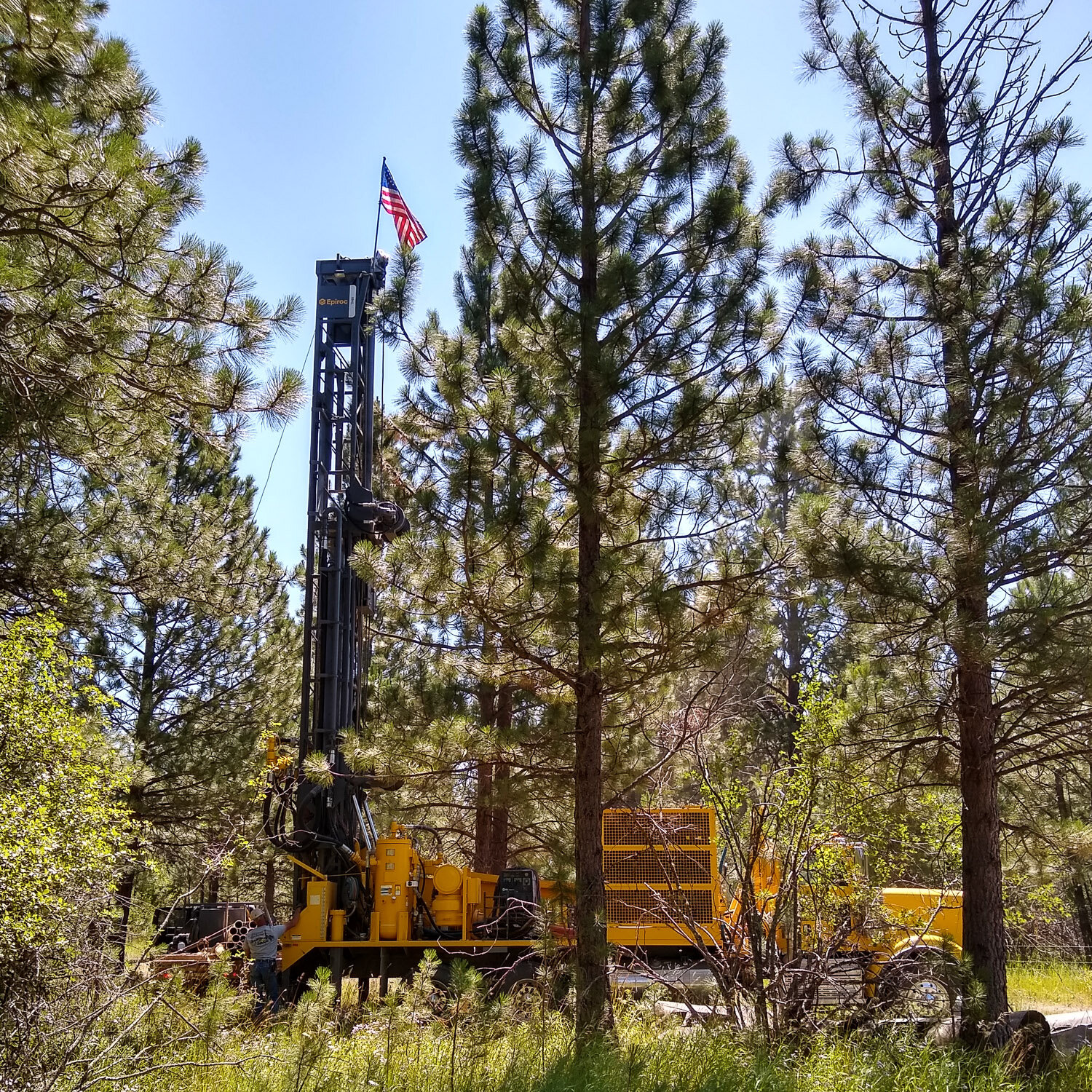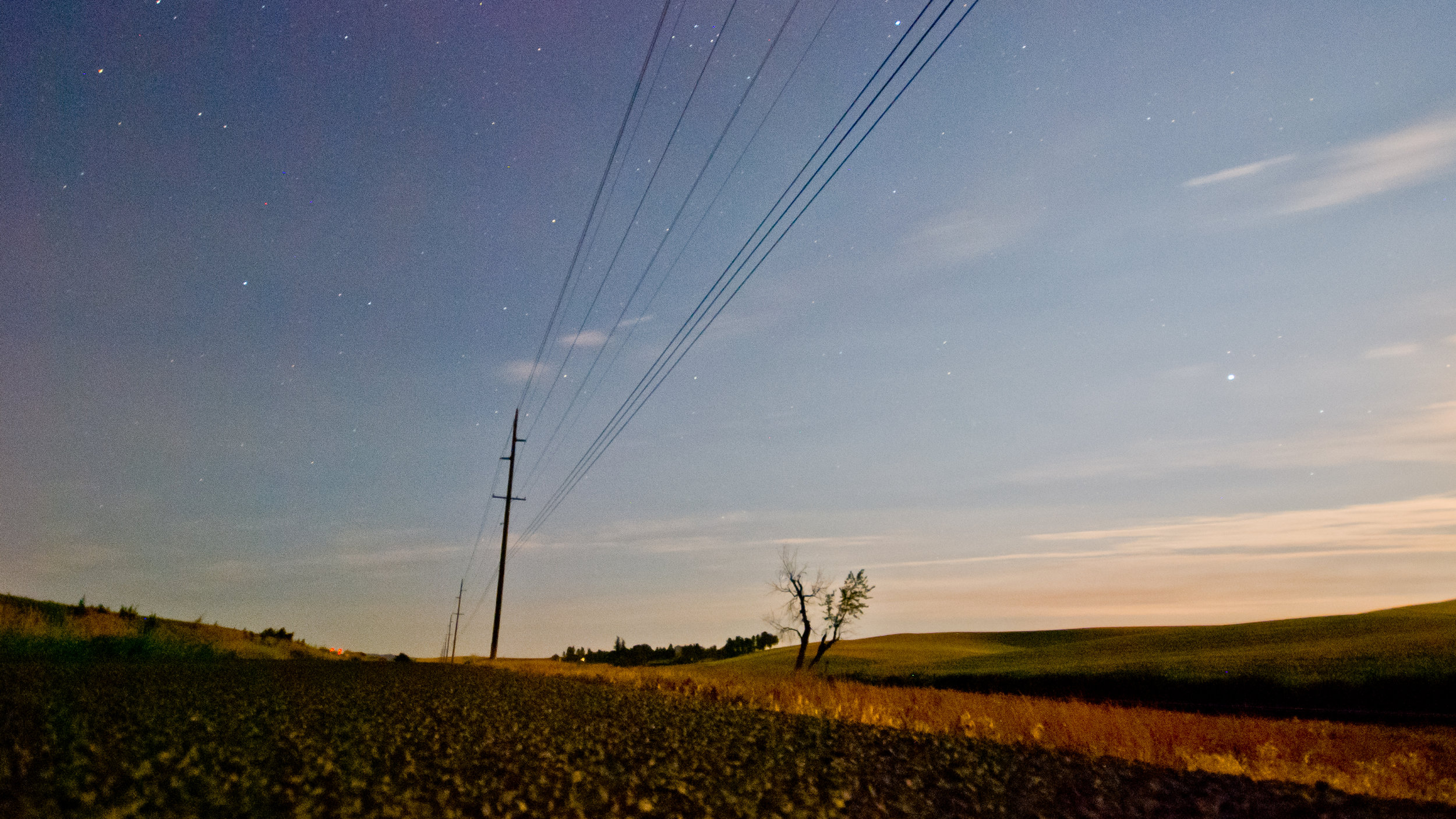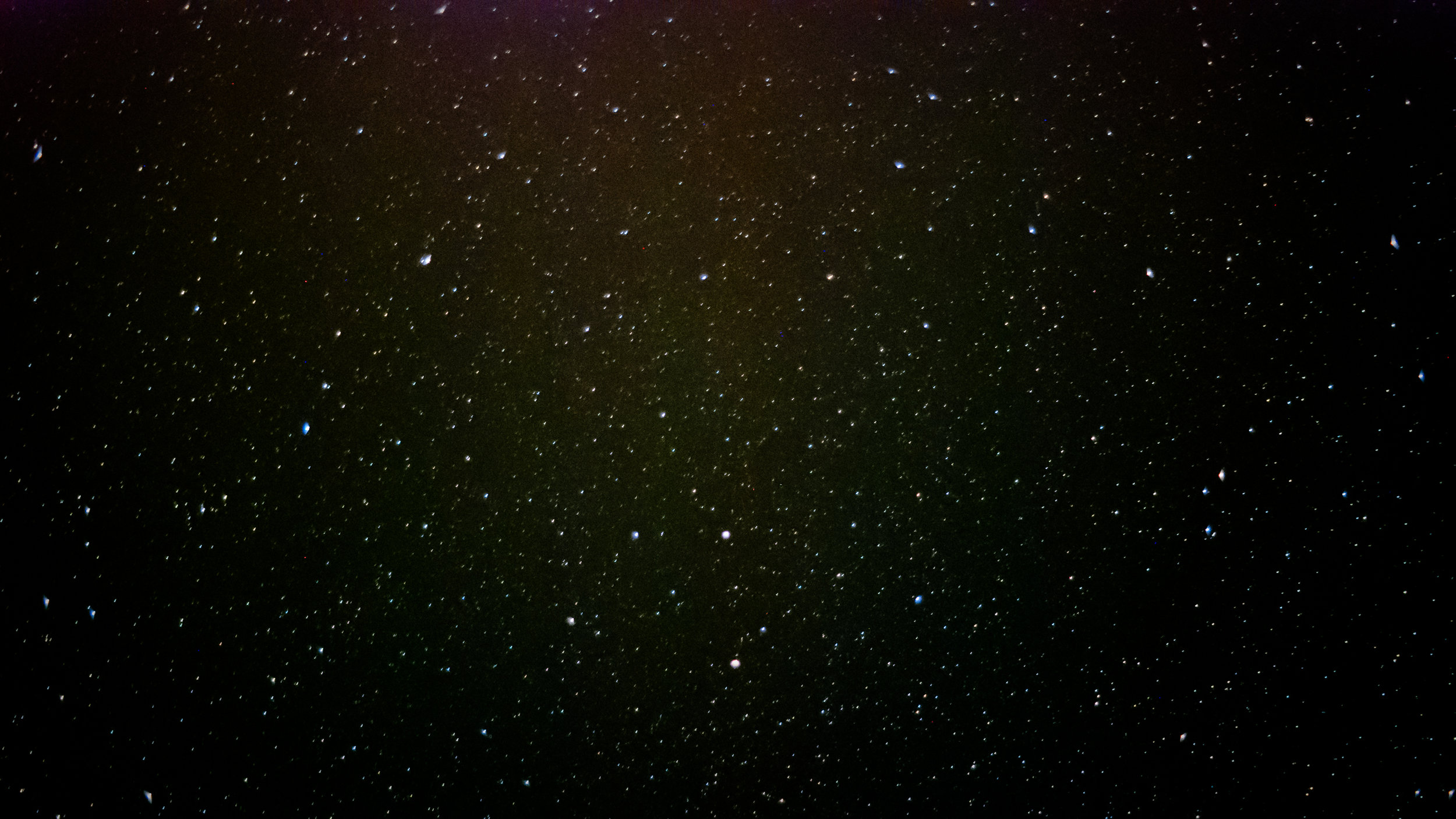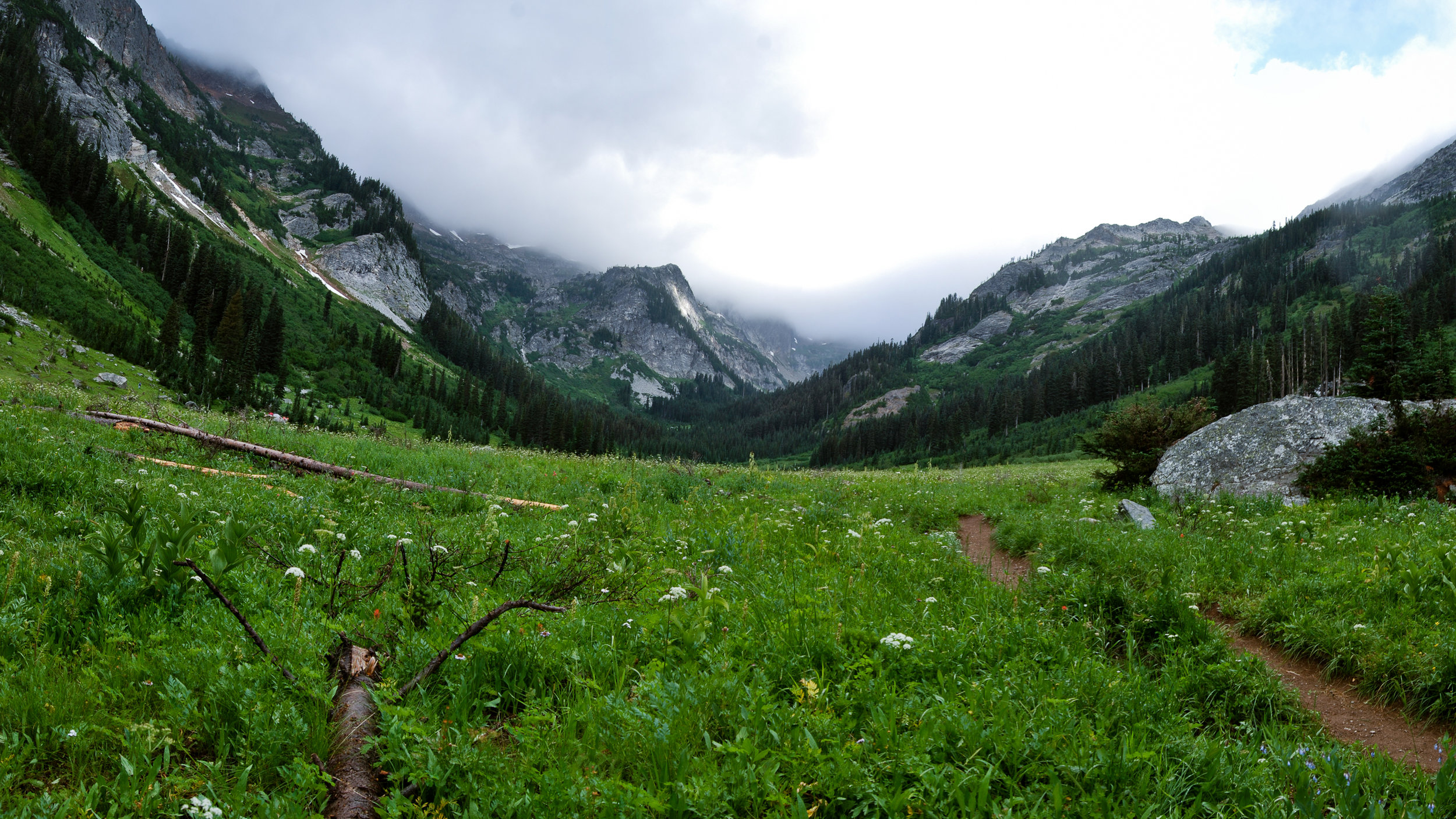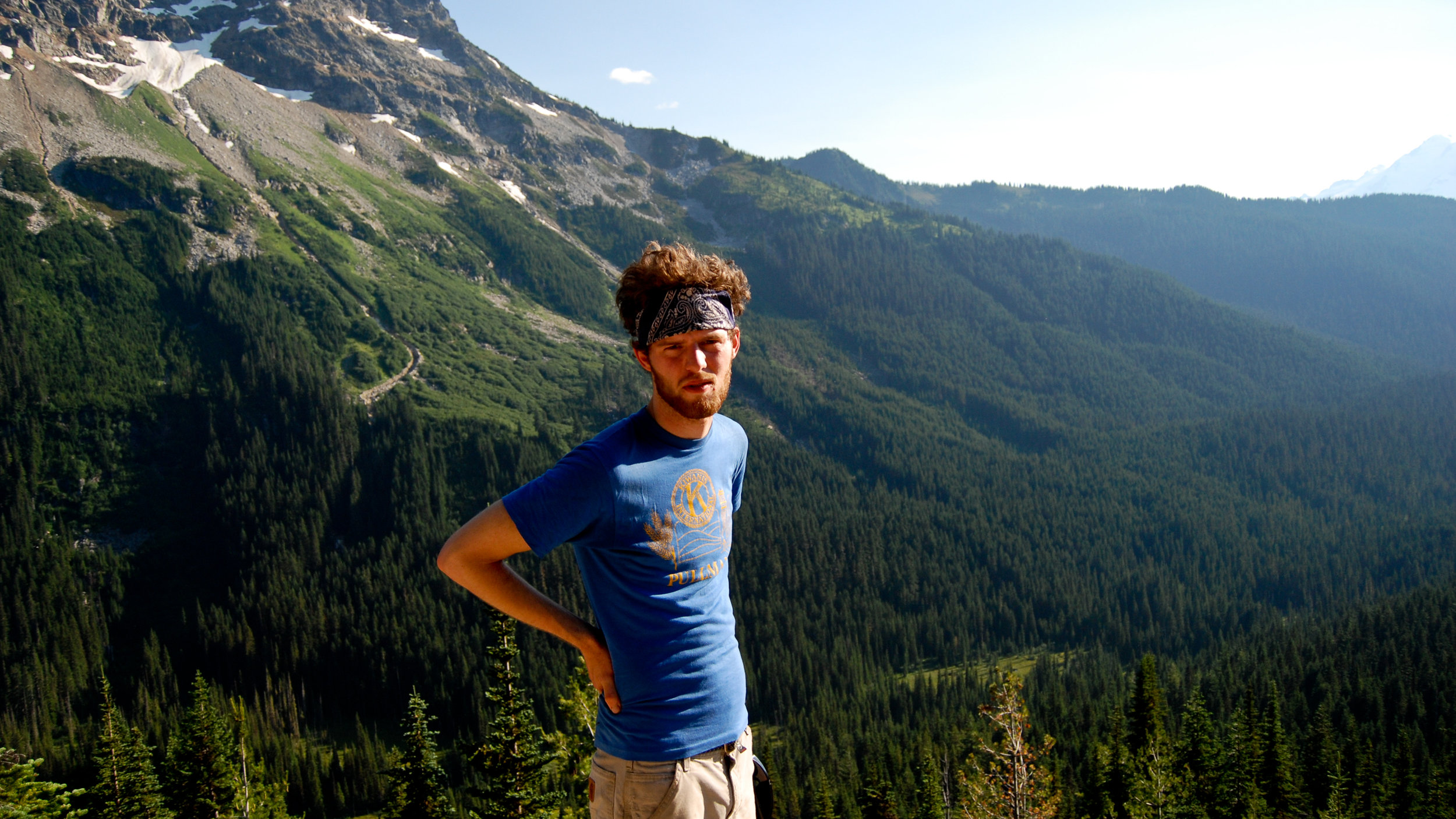HBM151: Blowgun Time Warp
/Image by Jeff Emtman. Digital render.
Season 10 of Here Be Monsters starts and host Jeff Emtman hallucinates his adolescence while working long hours. Scenes from middle school dances, dawn bus rides, the basement, and ( most crucially), a late-night raffle at a hardware store.
Do you like Here Be Monsters? Tell your friends, support HBM on Patreon, and have your boss sponsor an episode.
Producer: Jeff Emtman
Music: Serocell and The Black Spot
Sponsor: RadioLab
Are you curious about the world, but also want to be surprised, and even moved?
Radiolab experiments with sound and storytelling allowing science to fuse with culture, and information to sound like… well, music. Join hosts Lulu Miller and Latif Nasser for an experiential investigation that explores themes and ideas through a patchwork of people, sounds, and stories.
Hello: a Radiolab episode that’s about humans and dolphins communicating.










